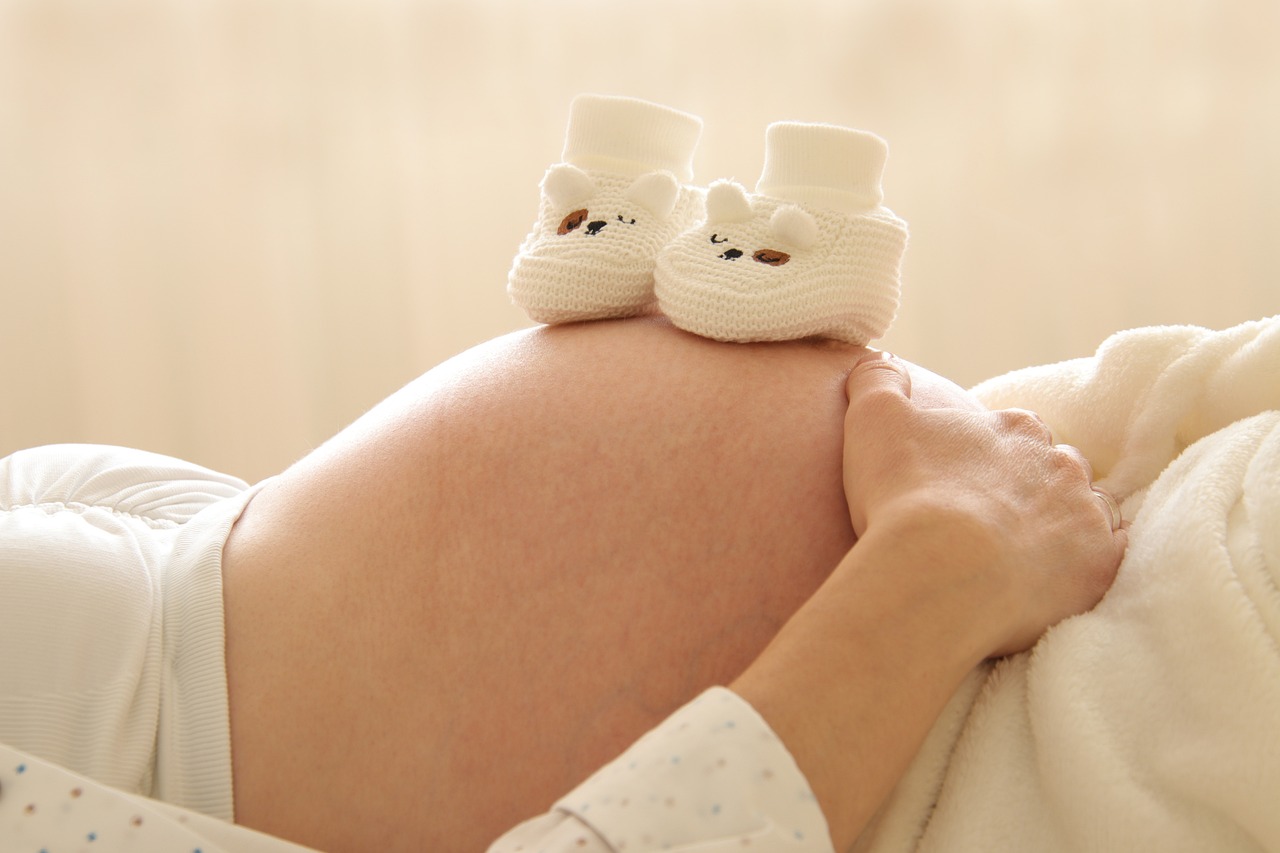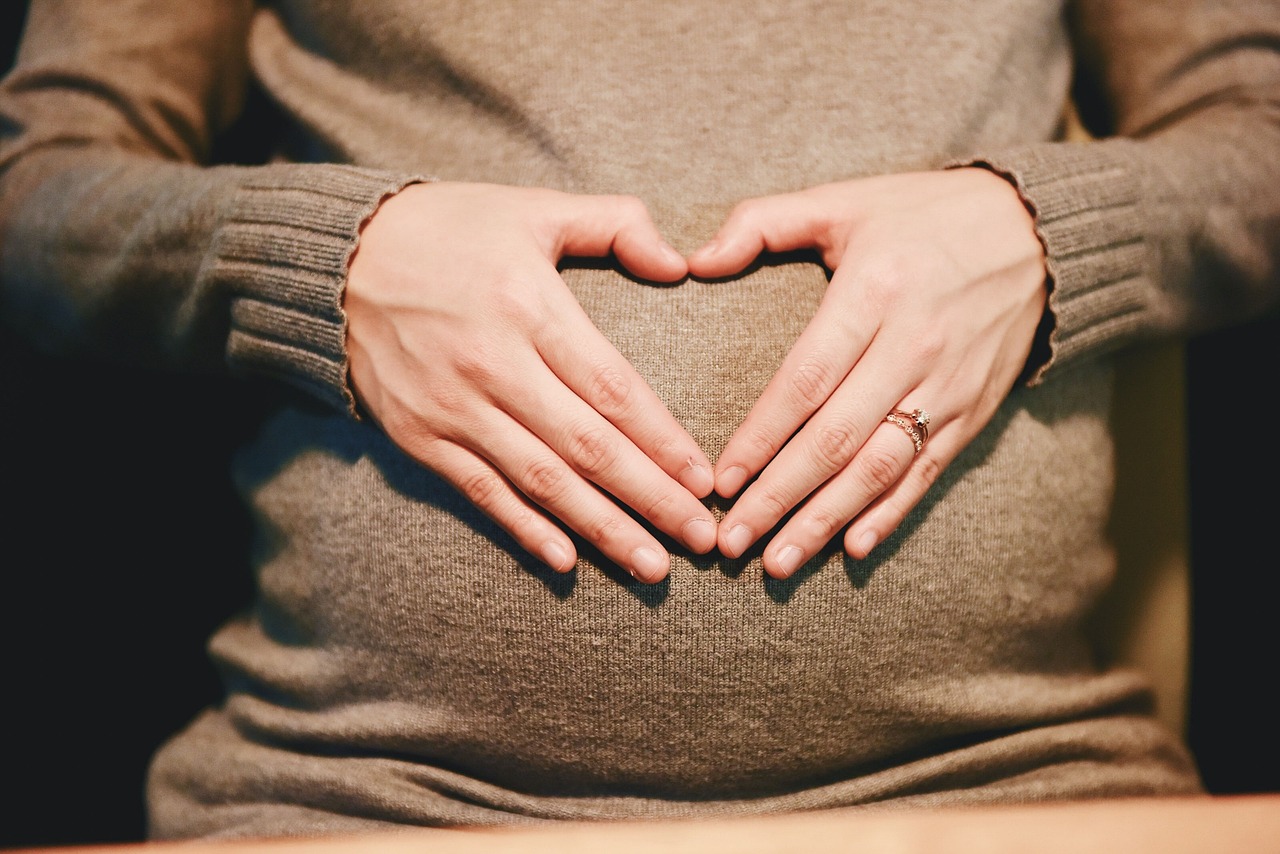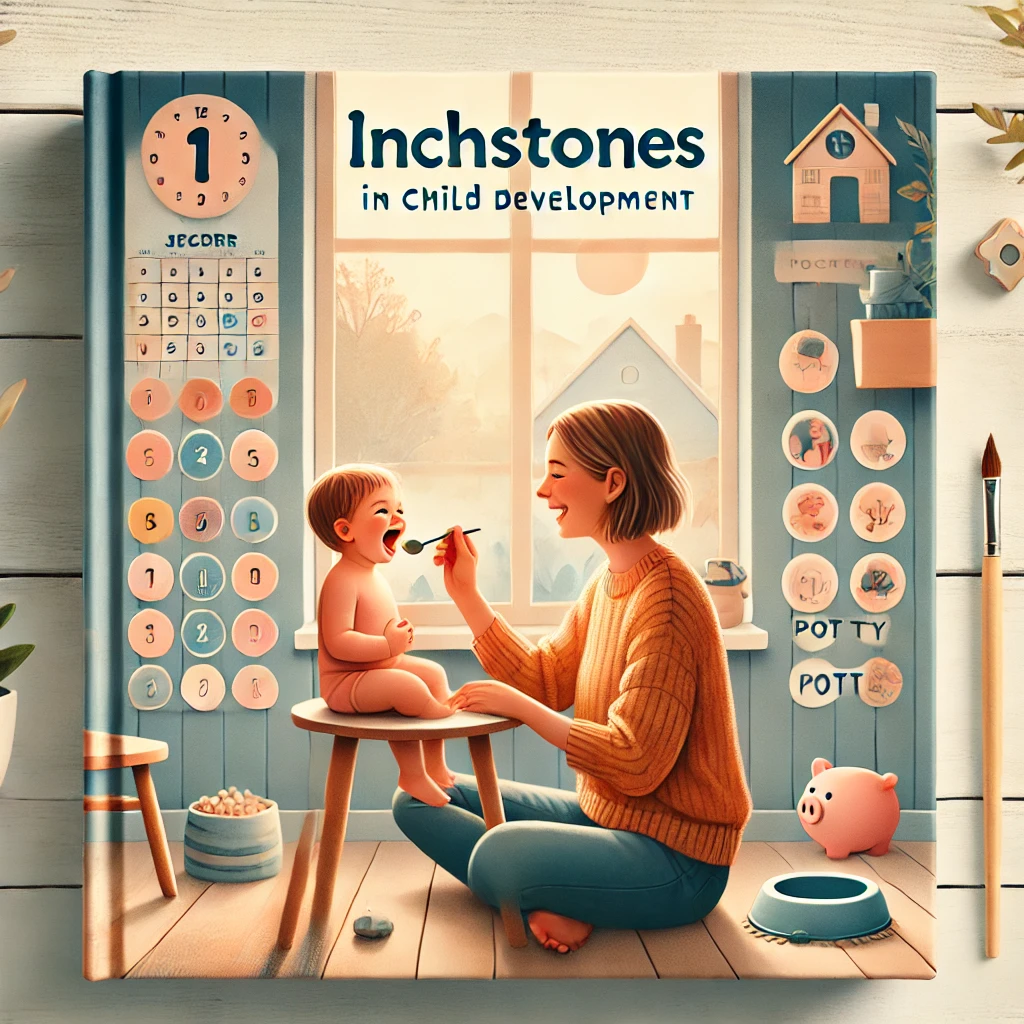
Pregnancy is a time filled with joy and anticipation, but it also comes with its fair share of questions and concerns. One common topic of debate is the consumption of coffee and caffeine during pregnancy. As an expectant mother, it’s important to be well-informed about the potential effects of caffeine on your pregnancy. In this article, we will explore the impact of caffeine on pregnancy and provide useful insights to help you make informed choices while enjoying your favorite beverage.
Understanding Caffeine and its Effects
Caffeine is a natural stimulant found in various beverages and foods, including coffee. It works by blocking the action of adenosine, a neurotransmitter that promotes relaxation and sleepiness. While caffeine can have positive effects on alertness and mood, it can also cross the placenta and affect the developing fetus.
Safe Levels of Caffeine Intake
According to various health organizations, including the American College of Obstetricians and Gynecologists (ACOG), consuming moderate amounts of caffeine during pregnancy is generally considered safe. The recommended daily caffeine limit for pregnant women is 200 milligrams (mg). This is equivalent to approximately one 12-ounce cup of brewed coffee.
Potential Risks of Excessive Caffeine Consumption
While moderate caffeine intake is considered safe, excessive consumption may pose certain risks. High levels of caffeine have been associated with an increased risk of miscarriage, preterm birth, low birth weight, and developmental delays. It’s important to note that these risks are more significant in cases of heavy caffeine consumption, typically exceeding 300 mg per day.
Other Sources of Caffeine
Apart from coffee, caffeine is also present in other beverages like tea, energy drinks, and sodas, as well as certain foods like chocolate. When calculating your daily caffeine intake, consider these additional sources and aim to stay within the recommended limit.
Tips for Managing Caffeine Intake
If you’re an avid coffee drinker, there’s no need to completely eliminate your favorite beverage from your diet. However, it’s advisable to adopt some strategies to manage your caffeine intake effectively:
a. Opt for decaffeinated coffee: Decaffeinated coffee offers the same great taste without caffeine content. Look for reputable brands and enjoy your cup of decaf coffee without worries.
b. Choose alternative beverages: If you’re looking for a warm and comforting beverage, try herbal teas or caffeine-free alternatives. These can provide a soothing experience without the caffeine kick.
c. Limit other sources of caffeine: Be mindful of your overall caffeine intake by limiting your consumption of energy drinks, sodas, and chocolate. Keep track of the caffeine content in these products and make informed choices.
Listen to Your Body
Every pregnancy is unique, and what works for one woman may not work for another. Pay close attention to your body’s signals and consult with your healthcare provider regarding your specific caffeine consumption needs. If you experience any adverse effects or discomfort after consuming caffeine, it may be a sign to reduce or avoid it altogether.

In conclusion, moderate caffeine intake during pregnancy is generally considered safe. Adhering to the recommended daily limit of 200 mg, which is roughly equivalent to one cup of brewed coffee, can help you enjoy your favorite beverage while minimizing potential risks. However, it’s essential to remember that every pregnancy is different, and it’s important to listen to your body and consult with your healthcare provider for personalized guidance. By being mindful of your caffeine intake and making informed choices, you can savor your coffee experience during this special time of your life.











